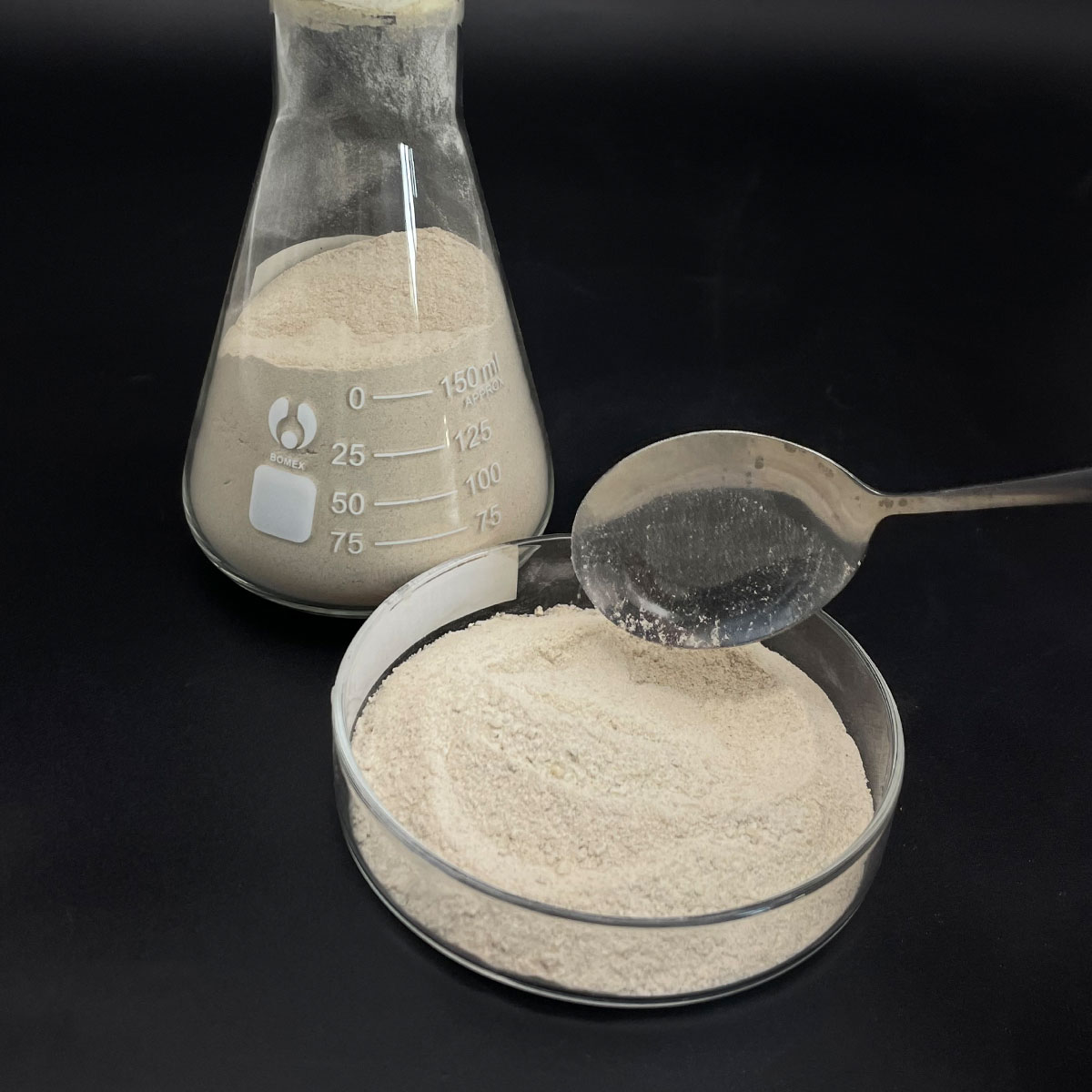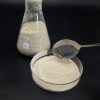Overview of Safety to Human Skin of Cocamidopropyl Betaine, Mild Surfactant for Personal-Care Products
Amphoteric surfactants are a unique class of surface-active agents that possess both cationic and anionic properties, depending on the pH of the system they are in. They contain both a positively charged group (like a quaternary ammonium salt) and a negatively charged group (such as a carboxylate or sulfonate), which can ionize depending on the surrounding conditions. This dual nature grants them exceptional versatility, making them effective in a wide range of pH environments and compatible with other surfactant types. They are known for their mildness and excellent dermatological compatibility, rendering them particularly suitable for personal care applications.
Features of Safety to Human Skin of Cocamidopropyl Betaine, Mild Surfactant for Personal-Care Products
-
pH Responsiveness: Their charge varies with pH, becoming cationic in acidic conditions and anionic in alkaline, with a zwitterionic (neutral) state at the isoelectric point.
-
Mildness: Known for being gentle on skin and eyes, making them ideal for sensitive applications like baby care and personal hygiene products.
-
Foaming Properties: Can generate rich, stable foam even in hard water conditions, enhancing their use in cleaning products.
-
Emulsification: Efficient emulsifiers capable of forming both oil-in-water (O/W) and water-in-oil (W/O) emulsions, depending on the formulation and pH.
-
Compatibility: Because they have both anionic and cationic properties, they are compatible with other types of surfactants and can work synergistically to enhance cleaning effects.
-
Biodegradability: Many amphoteric surfactants are readily biodegradable, contributing to their environmentally friendly profile.
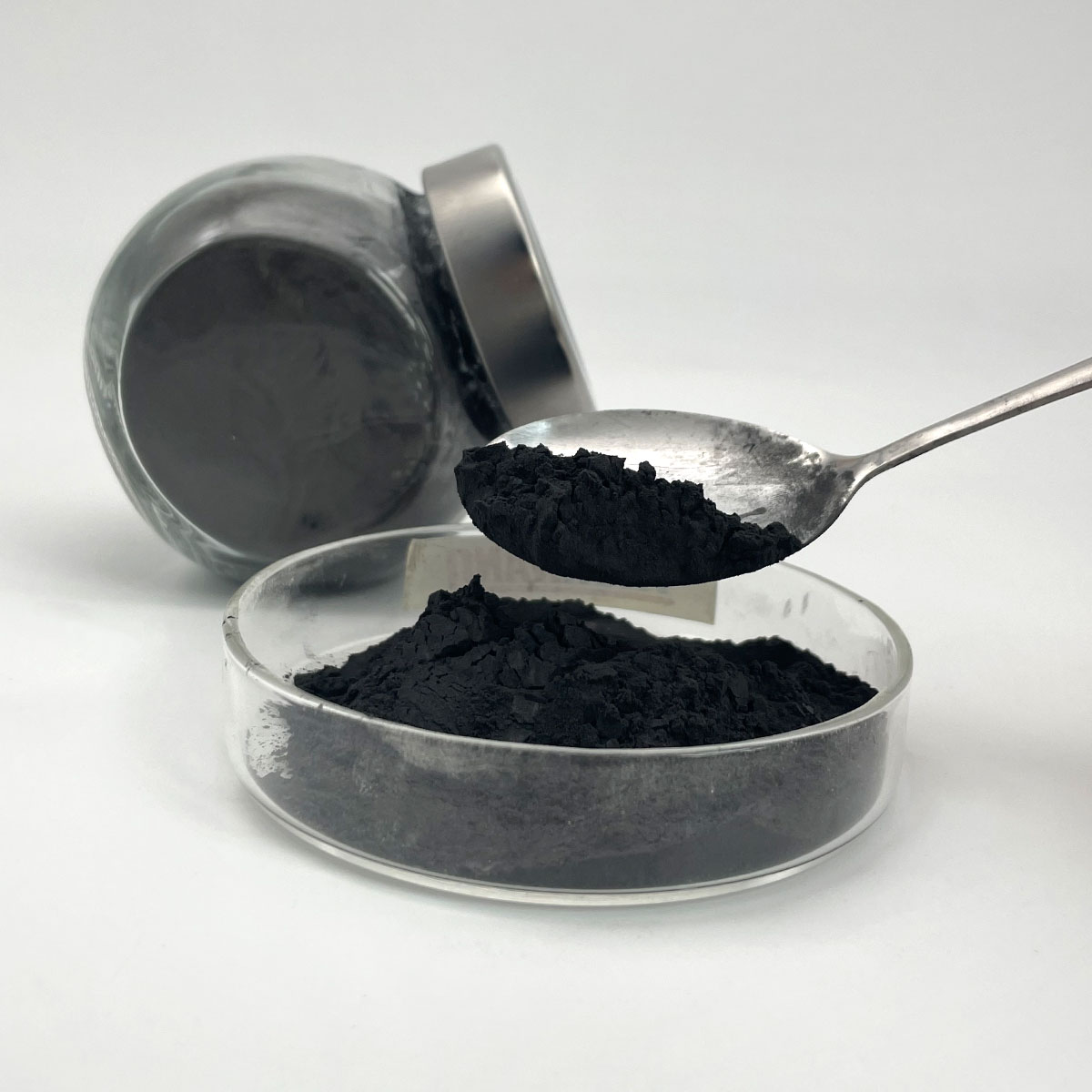
(Safety to Human Skin of Cocamidopropyl Betaine, Mild Surfactant for Personal-Care Products)
Specification of Safety to Human Skin of Cocamidopropyl Betaine, Mild Surfactant for Personal-Care Products
Cocamidopropyl betaine is a mild surfactant widely used in personal-care products. It is known for being gentle on human skin. This ingredient comes from coconut oil and fatty acids. It works well in cleansers, shampoos, and body washes. Its main benefit is reducing irritation compared to harsher surfactants.
The safety of cocamidopropyl betaine for skin is backed by research. It has a low irritation potential. Tests show it does not cause significant redness or itching. Its pH level is close to the skin’s natural pH. This helps maintain the skin’s barrier function. It minimizes dryness after use.
This surfactant is suitable for sensitive skin types. It is often used in products for babies or people with eczema. It cleans without stripping natural oils. It creates a rich lather while remaining mild. Many dermatologists recommend it for daily use.
Cocamidopropyl betaine is tested for allergenic risks. Most studies find it safe for long-term application. Rare cases of sensitivity are linked to impurities, not the compound itself. High-quality versions undergo strict purification. This ensures impurities like amidoamine are removed.
The ingredient is biodegradable. It breaks down easily in the environment. It is non-toxic to aquatic life. This makes it eco-friendly compared to synthetic alternatives.
Formulations with cocamidopropyl betaine often pair it with moisturizers. This boosts its skin-friendly properties. It works in both rinse-off and leave-on products. It is compatible with other surfactants. It helps reduce the harshness of stronger cleansing agents.
Regulatory bodies classify it as safe for cosmetic use. The Cosmetic Ingredient Review panel confirms its safety. It meets standards in the EU, US, and Asia.
Cocamidopropyl betaine is free from sulfates and parabens. It is a common choice in “free-from” product lines. It delivers effective cleansing without compromising skin health.
Manufacturers prioritize purity and consistency. Batch testing ensures quality control. This guarantees reliable performance in final products.
The ingredient’s mildness makes it ideal for frequent use. It supports skin hydration. It prevents the tight feeling some cleansers cause. Its versatility extends to hair care. It adds softness without residue.
Cocamidopropyl betaine is a proven option for safe skincare. Its gentle action suits modern consumer demands. It balances efficacy with skin comfort.
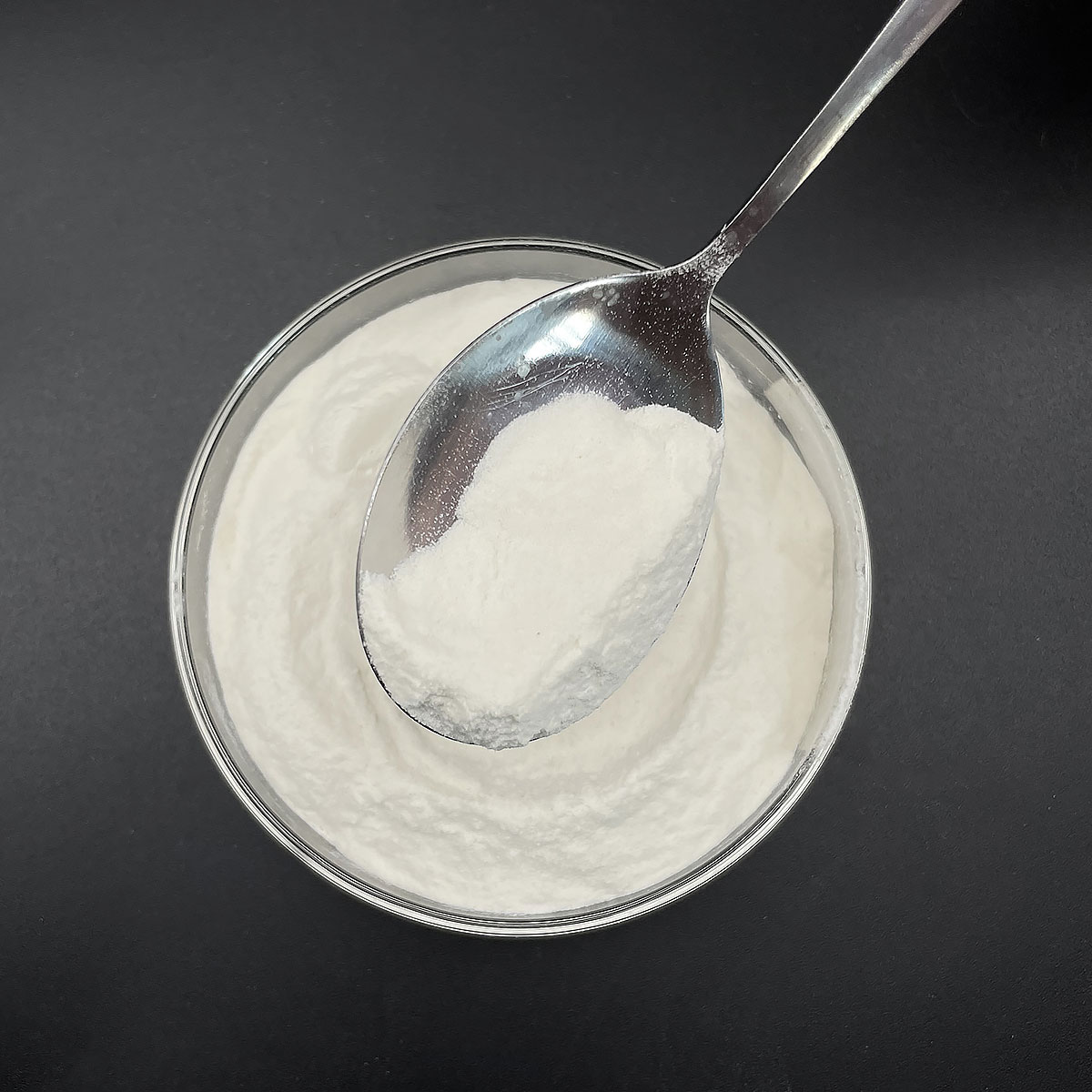
(Safety to Human Skin of Cocamidopropyl Betaine, Mild Surfactant for Personal-Care Products)
Applications of Safety to Human Skin of Cocamidopropyl Betaine, Mild Surfactant for Personal-Care Products
Cocamidopropyl betaine is a mild surfactant used in personal-care products. It comes from coconut oil and fatty acids. This ingredient cleans skin and hair without causing dryness. It works well in shampoos, body washes, and facial cleansers. Its gentle nature makes it safe for daily use.
Cocamidopropyl betaine is less harsh compared to sulfates. Sulfates can strip natural oils from the skin. This surfactant keeps the skin’s moisture balanced. It creates a rich lather to remove dirt and oil. It does not irritate sensitive skin. People with eczema or dry skin often prefer products with this ingredient.
This surfactant mixes easily with water. It helps other ingredients in formulas work better. It stabilizes foams in shampoos and shower gels. It also thickens products to improve texture. Many baby shampoos use cocamidopropyl betaine. It is gentle on delicate skin.
The ingredient is pH-balanced. It matches the skin’s natural acidity. This reduces the risk of redness or itching. It works in products labeled “tear-free.” It avoids stinging eyes in kids’ bath products.
Cocamidopropyl betaine pairs well with moisturizers. It supports hydrating agents like glycerin or aloe vera. This keeps skin soft after washing. It does not leave a sticky residue. The skin feels clean but not tight.
Some products use this surfactant for its eco-friendly profile. It breaks down faster in the environment than synthetic alternatives. Brands focused on sustainability often include it.
Tests show cocamidopropyl betaine is non-irritating for most people. Dermatologists recommend it for reactive skin types. It rarely causes allergic reactions. Manufacturers choose it for hypoallergenic formulas.
The ingredient is versatile. It fits into creamy cleansers, clear gels, and foaming mousses. Its mildness suits face washes for acne-prone skin. It cleans pores without over-drying.
Cocamidopropyl betaine is a key part of modern personal care. It balances effectiveness and safety. Users get a thorough clean without compromising skin health.
Company Profile
SurfactantChina is a trusted global chemical material supplier & manufacturer with over 12-year-experience in providing super high-quality surfactant and relative products.
The company has a professional technical department and Quality Supervision Department, a well-equipped laboratory, and equipped with advanced testing equipment and after-sales customer service center.
If you are looking for high-quality surfactant and relative products, please feel free to contact us or click on the needed products to send an inquiry.
Payment Methods
L/C, T/T, Western Union, Paypal, Credit Card etc.
Shipment
It could be shipped by sea, by air, or by reveal ASAP as soon as repayment receipt.
5 FAQs of Safety to Human Skin of Cocamidopropyl Betaine, Mild Surfactant for Personal-Care Products
Cocamidopropyl betaine is a mild surfactant. It comes from coconut oil. People use it in shampoos, body washes, face cleansers. It helps clean skin without harshness. It creates foam. It works well with other ingredients.
Is cocamidopropyl betaine safe for sensitive skin? Most people find it gentle. It rarely causes irritation. Dermatologists test it for safety. People with eczema or rosacea often use products containing it. Always check labels for other additives. These might cause reactions.
Does cocamidopropyl betaine dry out skin? No. It cleans without stripping natural oils. Harsh surfactants like sulfates remove moisture. Cocamidopropyl betaine keeps skin hydrated. It balances cleaning power with mildness. Dry or oily skin types both benefit.
Can cocamidopropyl betaine cause allergies? Allergic reactions are uncommon. A small number of people react to it. This happens if they are sensitive to certain compounds. Patch tests help identify issues. Stop use if redness or itching occurs. Consult a doctor if needed.
Is cocamidopropyl betaine approved by safety organizations? Yes. Groups like the EWG rate it safe for use. It meets cosmetic standards in the EU, US, Asia. Brands choose it for eco-friendly formulas. It breaks down easily in the environment. No animal testing is involved.
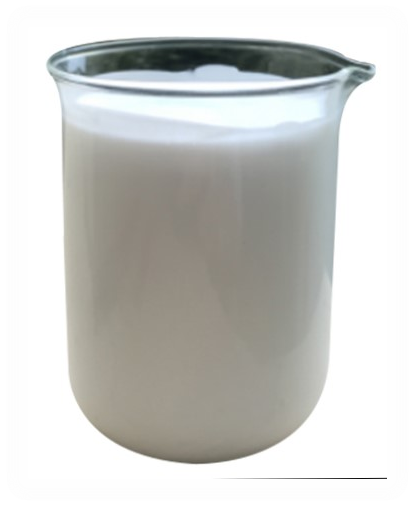
(Safety to Human Skin of Cocamidopropyl Betaine, Mild Surfactant for Personal-Care Products)

